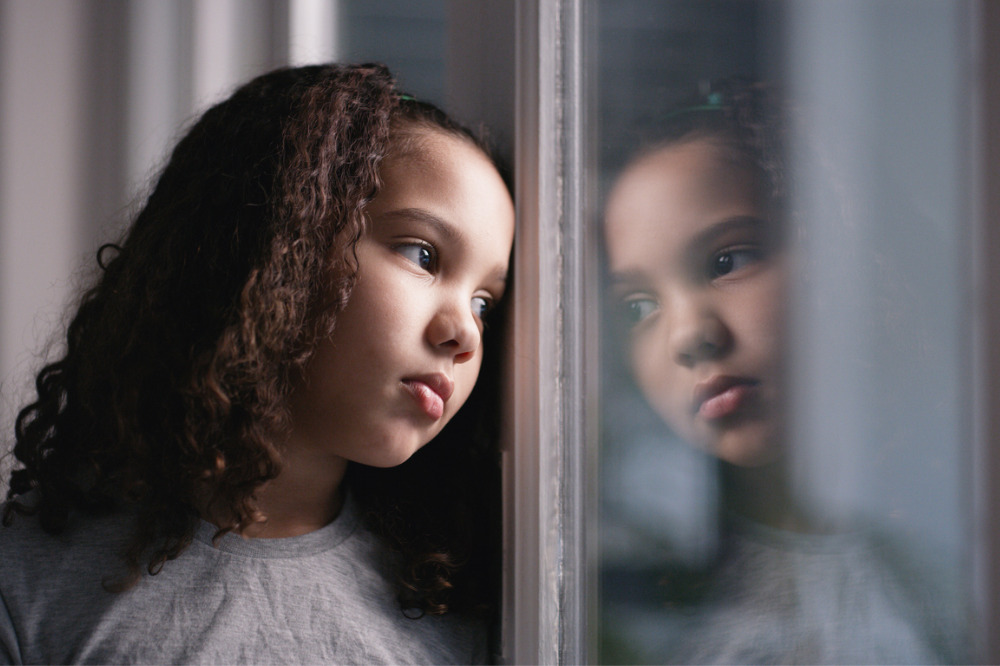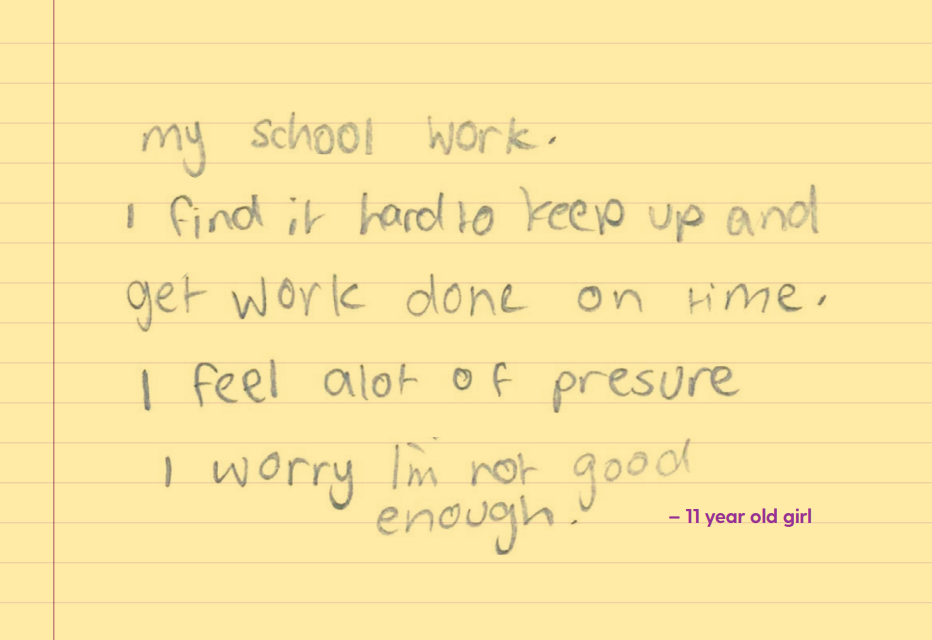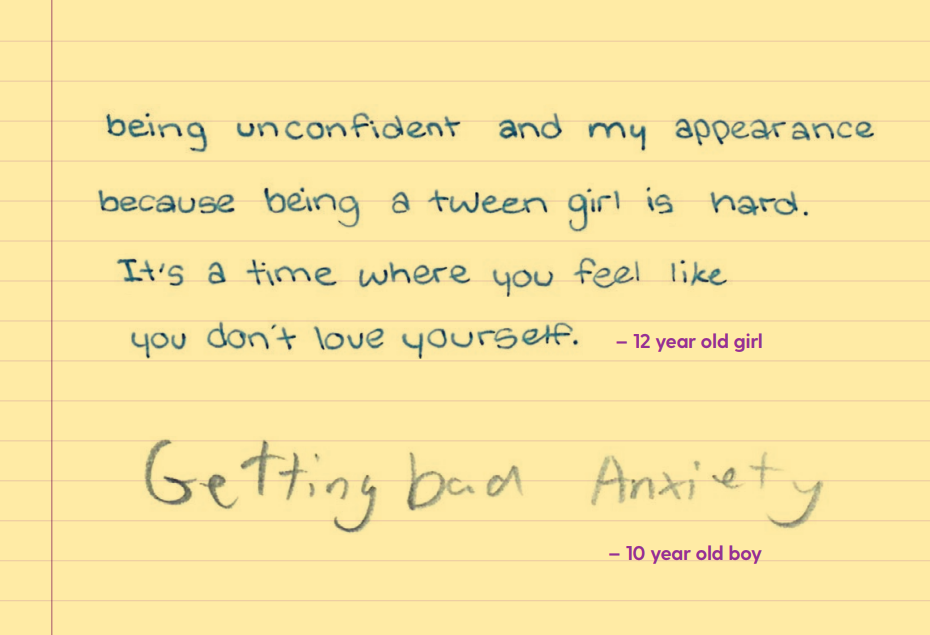
This Mental Health Awareness Month, a new mental health resource has been released for schools that aims to improve the early intervention strategies of staff by helping them better understand what children are doing, what matters to them, and what concerns they have.
The ‘Missing Voices’ booklet, released by South Australia’s Commissioner for Children and Young People, contains 48 quotes from students aged 8–12 years who participated in my annual Student Voice Postcards initiative via their school.
The quotes contained in the booklet are unedited and are representative of hundreds of responses that reflected the mental health concerns of primary school aged students selected from approximately 16,000 postcards received last year.
What worries children?
When children talk to the Commissioner about mental health, they focus on their everyday experiences, issues or pressures in their family lives, schools, or communities. They often describe coping with poor physical health, experiences of bullying, discrimination and exclusion, complex family structures and navigating relationships with peers, families and teachers.
Some children and young people report feeling unsafe in school environments. Others describe barriers to participation in music, arts, sport and other organised community activities, which is recognised as a protective factor against mental health.


“Children tell me that they need adults to know that sometimes they need support to cope with the pressure of school work, being bullied, low self-confidence and fear of social isolation,” The South Australia’s Commissioner for Children and Young People, Helen Connolly told The Educator.
“During Mental Health Awareness Month this is a resource that can support primary school leadership to better understand what students are grappling with and what they would like adults to know and do about it.”


